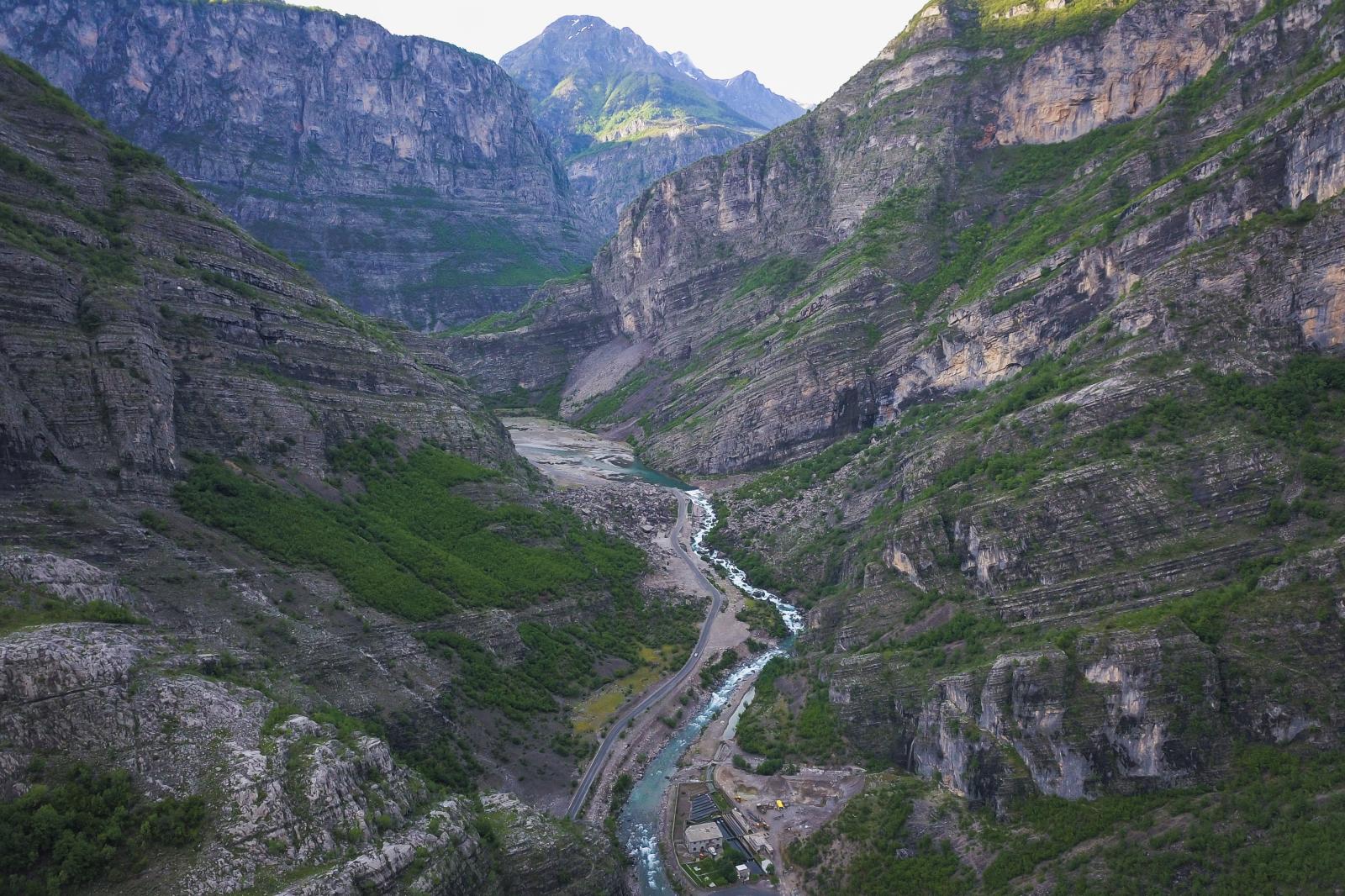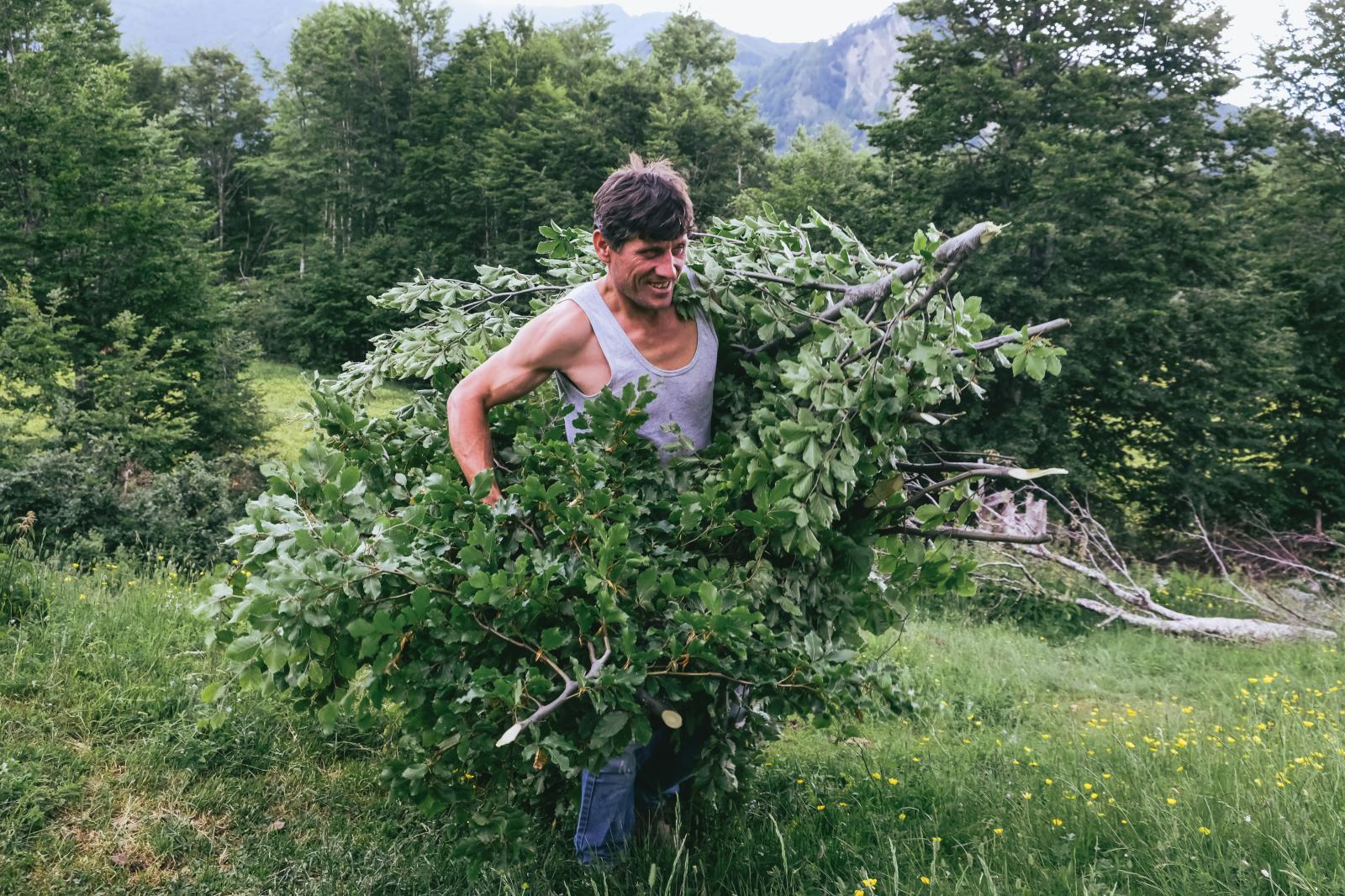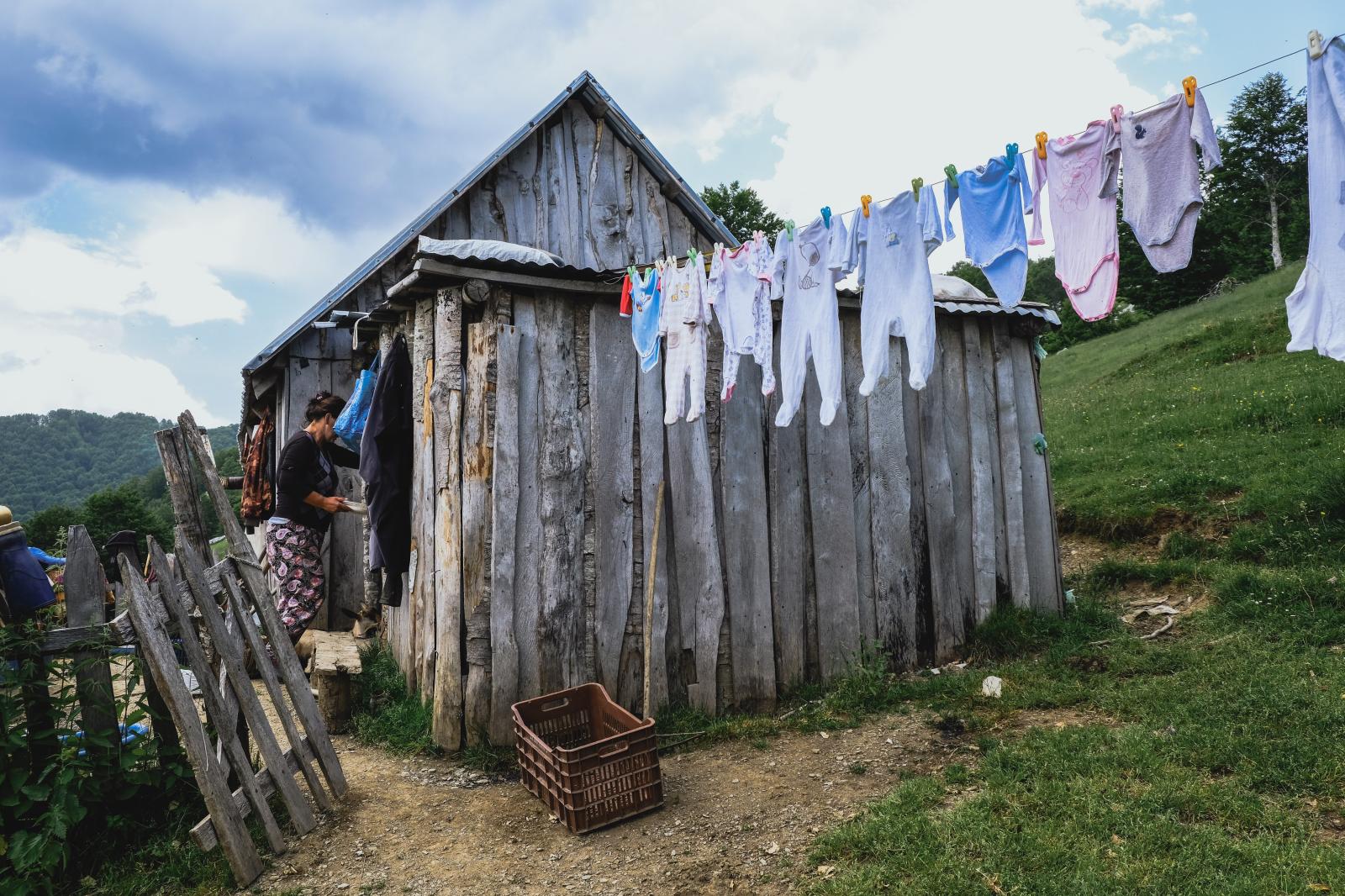Public Project
The Lament of the Mountains
In northern Albania, the Malësorë highlanders are among Europe’s last true pastoralist shepherds, migrating with their animals between alpine pastures in summer and lower valleys in winter. This ancient process of transhumance offers a highly sustainable way of grazing, which aids in plant growth, prevents erosion, and reduces wildfire risks. The milk produced in the mountains is highly valued for its purity and health benefits.
For generations, the Malësorë have preserved this tradition, despite invasions by several empires and decades of repressive communist rule. Today, their way of life faces ongoing threats from climate change and hydropower projects, forcing more people to abandon the valleys. This exodus severs an ancient bond with the mountains, endangering both cultural heritage and the region’s biodiversity.
12,819







































